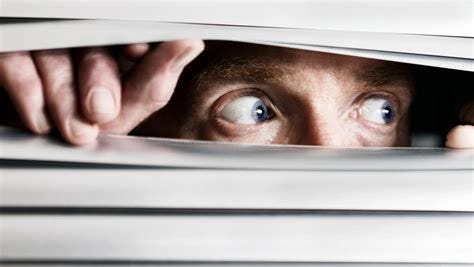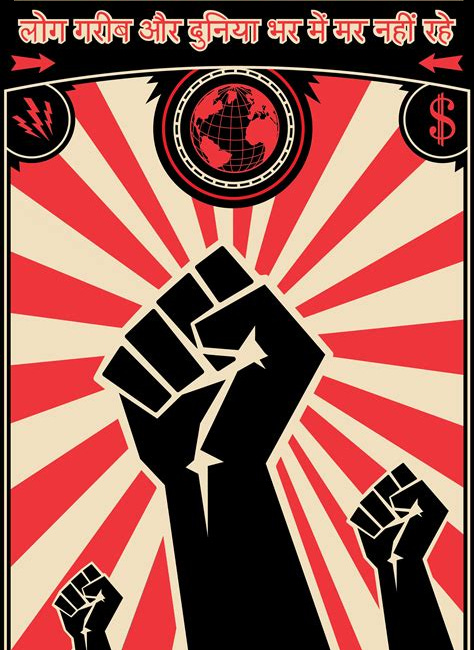Thoughts on Conspiracy Theories
What The Powerful Would Never Consider Doing
Thoughts on Conspiracy Theories
For starters, let me state my belief that anyone who does not think that the powerful will conspire with each other to their own advantage is not playing with a full deck, is a brick short of a full load or is, in a word, dumb. Since most people are not that dumb and of course do think the powerful will so conspire, why on Earth are they so afraid of being called conspiracy theorists?
To be called a conspiracy theorist is to be lumped in with all manner of weirdness. No distinction is made between a healthy skepticism and gullibility, which makes people reluctant to express skepticism of the official narrative. How often have you heard, “I'm no conspiracy theorist, but”? Why put that in there? Just spit out what you are thinking. I think the term was intentionally promulgated with just that in mind; pay no attention to that man behind the curtain if you don't want to be called a conspiracy theorist. There is an idea floating around to the effect that it is the CIA that first promulgated use of the term “conspiracy theory”. The idea is that the CIA did not want people questioning the validity of the Warren Commission Report on the assassination of President Kennedy, so this phrase was used to undermine anyone seriously questioning it. This story about the creation of the term is in itself a conspiracy theory. Whether or not it was engineered by the CIA, from then on it has become a general information suppressor. Remember, just because something is a conspiracy theory doesn't mean it's not true, and just because something is not a conspiracy theory doesn't mean it is true.
A possible countermeasure would be to promote some new term denigrating those who will not consider the possibility of collusion. It is after all a foolish thing to be so simple minded that such possibilities are summarily discounted. I don't know what that would be, but a simple term denigrating anyone who takes things at face value would help. It should be a simple term such that, if someone is completely oblivious to possible hidden agendas, they can be called that in the same fashion others are now called “conspiracy theorist.” It would also shift the populace at large slightly in the direction of critical thinking. Many people are what you might call one level thinkers, their thoughts do not continue to circulate and ponder on what they know. This would be an aid to their improved cogitational functioning.
Closely aligned with conspiracy theory trope is political correctness, a means of keeping unapproved thought at bay. Being beholden to the fear of the conspiracy theorist label is akin to not ignoring the chains imposed by political correctness. Another tool of thought control.
The English cultural critic Theodore Dalrymple (Anthony Malcolm Daniels, Dalrymple being a pen name) had this to say about the current infection of political correctness, with which we are currently saddled.
“Political correctness is communist propaganda writ small. In my study of communist societies, I came to the conclusion that the purpose of communist propaganda was not to persuade or convince, not to inform, but to humiliate; and therefore, the less it corresponded to reality the better. When people are forced to remain silent when they are being told the most obvious lies, or even worse when they are forced to repeat the lies themselves, they lose once and for all their sense of probity. To assent to obvious lies is in some small way to become evil oneself. One's standing to resist anything is thus eroded, and even destroyed. A society of emasculated liars is easy to control. I think if you examine political correctness, it has the same effect and is intended to.”
― Theodore Dalrymple
For those interested, I wrote a short essay on Dalrymple's quote:
Dalrymple's Quote on Political Correctness
Thoughts on Theodore Dalrymple's Quote The English cultural critic Theodore Dalrymple (Anthony Malcolm Daniels, Dalrymple being a pen name) had this to say about the current infection of political correctness, with which we are currently saddled.Thanks for reading David’s Thinking about the World Substack! Subscribe for free to receive new posts and supp…
A conspiracy may not be as we think of them – dark secrets by nefarious types. They might be subtle decisions by powerful people, maybe or maybe not made in good faith. An example of what I mean is this: The Japanese attacked Pearl Harbor on December 7, 1941. The conspiracy theory is that President Roosevelt intentionally allowed it to happen so as to draw the U.S into World War 2. The American aircraft carriers were out of the harbor at the time and the fleet was caught flat footed. Many in the Navy at the time thought that Roosevelt let the attack happen, but that it had been necessary. Roosevelt and many others believed it was important for the U.S. to enter the war because otherwise the free world would be defeated, but it was not possible to get congress to vote for a declaration of war. It seems most likely that he created a situation that might foster an attack since he was putting sanctions on the Japanese, but considering the situation he almost could not do so. An attack was expected, but most likely it was simply not thought that an attack on Pearl Harbor itself was feasible, so aircraft were lined up in the open in neat rows for protection from saboteurs. The attack was expected in the Philippines, which did occur at the same time. The incoming aircraft were detected on that new miraculous device, radar, but no aircraft were sent up to investigate. It seems most likely to me that Roosevelt maneuvered the Japanese into beginning the war, and he did so to prevent disaster. The Pearl Harbor thing itself went south just for various ancillary reasons. The point of this long digression is to ask this question, was that a conspiracy, or not? Many government policies probably share similar symptoms of murkiness and things being not what they seem. (I am not a fan of Roosevelt myself, he moved the country away from freedom, but I don't think he wanted to see it conquered by a foreign power.)
In world war 2 the British broke the German's Enigma code. One day they discovered German plans to bomb the city of Coventry. If they evacuated the city it would have been known that the code was broken, so they didn't evacuate and many extra people died. This would make a great conspiracy theory if it were not a known fact. (No wonder Churchill drank so much.)
If you wanted to undermine unapproved ideas and were using the slur of “conspiracy theory” to do it, you might want to produce a few of your own. They might range from believable but untrue to nearly but not quite unbelievable. You could then associate in the minds of the public anyone suspicious of the the official story with both those who are a little nutty and those misled. Since people vary considerably in their world views, what is ridiculous to one person may be reasonable, or at least plausible, to another. If you produce a number of artificial (untrue) ideas that appeal to people with a minority world view you can undermine all unapproved ideas by linking them to the “crazy” people with said minority world view. Of course, much such deceit comes from the use of half truths as well.
A proper public education should include the understanding of these concepts. Students should be taught them and drilled in methods of discerning the truth. (Don’t hold your breath.) Requiring all students to participate in debates might be good. They should also be taught the five rules of propaganda, which are reproduced below. If interested, I wrote a short Substack essay on propaganda at this link.
Propaganda Thoughts
Thoughts on Propaganda First things first. Read, familiarize yourself with and remember the five rules of propaganda:Thanks for reading David’s Thinking about the World Substack! Subscribe for free to receive new posts and support my work. The rule of simplification
The rule of simplification - reducing all data to a simple confrontation between 'Good and Bad', 'Friend and Foe'.
The rule of disfiguration - discrediting the opposition by crude smears and parodies.
The rule of transfusion - manipulating the consensus values of the target audience for one's own ends.
The rule of unanimity - presenting one's viewpoint as if it were unanimous opinion of all right-thinking people: draining the doubting individual into agreement by the appeal of star-performers, by social pressure , and by 'psychological contagion'.
The rule of orchestration - endlessly repeating the same messages in different variations and combinations.






Not teaching school kids critical thinking, debating and the rules of propaganda so as to improve narrative control is a conspiracy theory, unless it’s not.
Thank you for another thoughtful article. Perhaps, we could call those who accept narratives at face value "uncritical thinkers." It is true and it is a much-needed, jarring insult that might make them reflect on their over-willingness to accept BS.